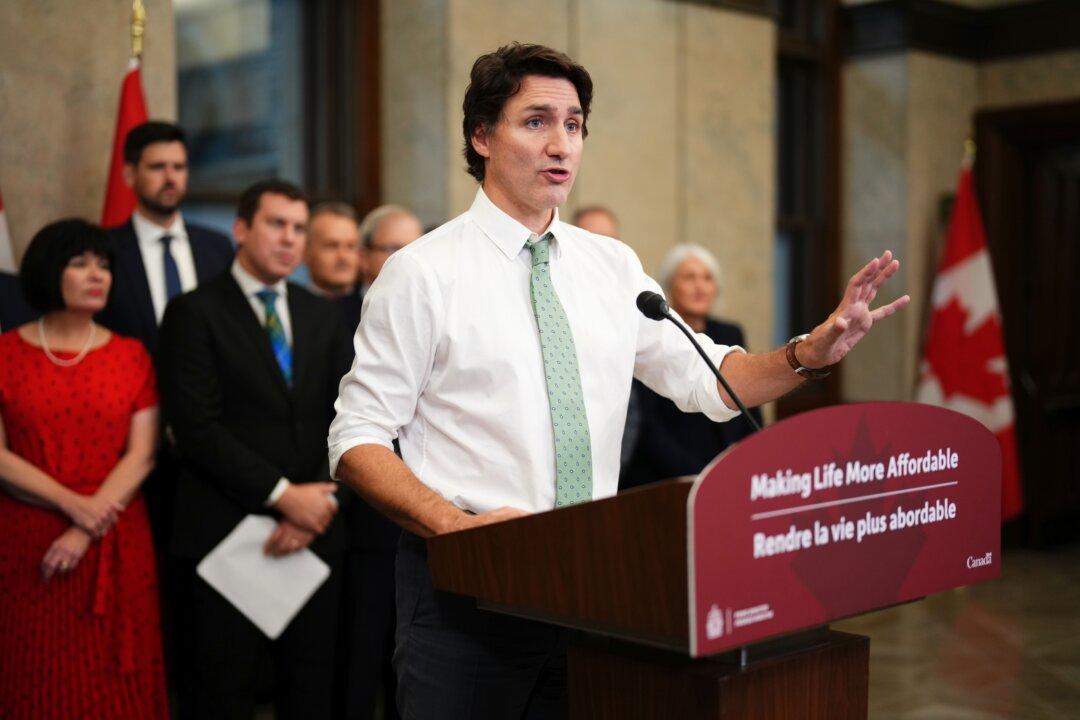Ottawa’s planned increase of the federal carbon tax on April Fool’s Day is no laughing matter for more than two-thirds of Canadians.
A newly released survey from Leger found that 69 percent of poll respondents don’t support the Liberals’ plan to increase carbon pricing next month. The April 1 hike will raise carbon taxes to 17 cents per litre for gasoline, 21 cents per litre for diesel, and 15 cents per cubic metre for natural gas.





